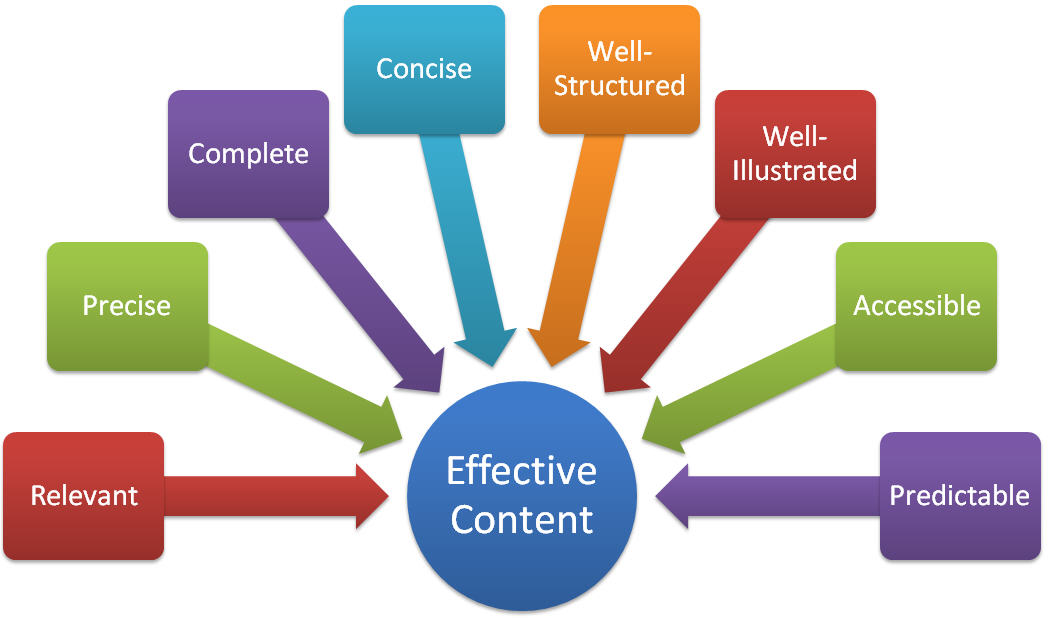First of all, you need to know where you are going….before you begin! By
having already decided where you want to go, it will help you get there more
easily. Secondly, adjectives and adverbs are to writing what spices are to cooking;
essential. Be careful, we don’t want to
overuse ingredients, but not under-use them either. Lastly, a good essay is as easy
as 1,2,3. Meaning Introduction, Main Body
and Conclusion. But as I mentioned earlier
maybe a 3,2,1 model helps us better since : «The last thing one knows in constructing a work is what to put first»
(by Blaise Pascal).
How do I brainstorm?
Spend a few minutes effectively planning, and the rest of the essay
literally writes itself.
Many people rush past this planning stage and jump right into the actual
writing. This is a grave mistake. If you are allowed 30 minutes to produce a
proficiency level essay, it is not enough time in case you have to start over
an essay. You don’t have time to think of «something better» when you are half
way through your essay.
A lot of students are having problems relating to essay topics;
resulting in the ever popular saying «I don’t know anything about the topic». A
good idea is to examine the topic using different lenses. Like the following:
Social
|
Health
|
Economic
|
Enviromental
|
Religious
|
Scientific
|
Historical
|
Geographical
|
Educational
|
Psychological
|
Personal
|
Ethical
|
Political
|
Moral
|
Philosophical
|
Try on a couple «lenses» and see how they fit concerning your topic.
Afterwards, chose one or two perspectives and continue. You may also start
asking several «wh» questions (who, what, where, when, why etc.).
E.g. «Discuss the changing role of women in society». We can probably
choose historical, economically and political perspectives to analyze the topic. Then we can ask ourselves
questions like: Who are the socially,
historically, important women the last centuries? What contribution did they do socially, politically etc.? How has that changed? Why?
Keep in mind:
1. First, tell your readers what
they are going to read.
2. Next, let them read it.
3. Concluding, remind them of
what they have just read.
Opinion Essays – «Agree or Disagree»
Example:
«Smoking should be banned from all public
buildings. Do you agree or disagree with the preceding statement? »
Intro
|
Restate topic & state your opinion…
|
Par. 1-2
|
Viewpoints & justifications
with 2-3 examples to support your
opinion
|
Par. 3-4
|
Opposing viewpoint & justification with example
|
Conclusion
|
Summarize
/ restate your opinion
|


For and Against
Essay
Example:
«Legal abortions are both a good and a
bad thing. Discuss.»
Intro.
|
State topic without your opinion
|
Par. 1-2
|
Arguments/Justifications/specific
examples for
|
Par. 3-4
|
Arguments/Justifications/specific
examples against
|
Conclusion
|
Balanced conclusion, you may state
your opinion indirectly.
|
Problem
solving Essays
Example:
«What can individuals and governments do
about the rapidly increasing crime rate? ».
Intro.
|
Rephrase topic – state causes and consequences.
|
Par. 1-3
|
Suggestions and expected results, be specific.
|
Conclusion
|
State how and why your suggestions will be effective.
|

Proficiency Builders
·
It is
+ adjective + that + subject +
verb/word + clause
It is essential
that you work hard if you want to pass your exams It is necessary that I see her
today.
·
It is
+ adjective + infinitive + that +
subject
It is astonishing
to discover that she has never been out of her village.
·
Infinitives for Relative Clauses
The best
thing (which you can do) is to wait for me here. The best thing to do
is to wait for me here.
·
Participles: Present and Perfect
Turning on the light, john walked into the room
·
Purpose Clauses:
{so as not to+ Action}
{so as to+ result or
purpose of action} {so that
+ subject} in order to.
He went to Michigan in order to buy an apple orchard. He
went to Michigan so as to buy an apple orchard. He went to
Michigan so that he could buy and apple orchard.
·
Adjectival Phrases after Nouns
This is the
school attended by the wealthy. (phrase begins with past part.) This is a
school attending to the needs of the wealthy (present
part.)
·
Inversions and Negative Introductions – a must at this
level!
Not only did they regard buying a house with a fireplace as important,
but they considered it a necessity.
“No longer do I smoke, thank
you,” he said, as he turned down the cigarette. Little did they know
that the present was for them.
·
Gerund +
Object + adverb of manner + adverb
of place + adverb of time
Chasing the
cat rapidly in the house at anytime is dangerous for the dog.
·
Inverted Conditionals
– last but certainly not least
If John were to go, he would need to leave by four.
Future / highly unlikely Were John to go, he would need
to leave by four.
Overused words
NEGATIVE
Adverse Opposing Disruptive Contrary
Bad Unfavorable
|
GOOD
Positive Satisfactory Acceptable Excellent Valuable Beneficial
|
IMPORTANT
Essential Crucial Imperative
Vital Significant
|
VERY
Highly Exceedingly Severely Immensely
Utterly Extremely Excessively
|
UNDERSTAND
Comprehend Grasp Perceive Realize
Recognize Enlightened
|
DANGEROUS
Alarming Risky Hazardous Critical
Serious Perilous
|
BELIEVE
Hold Contend
Think Maintain Claim Argue
|


